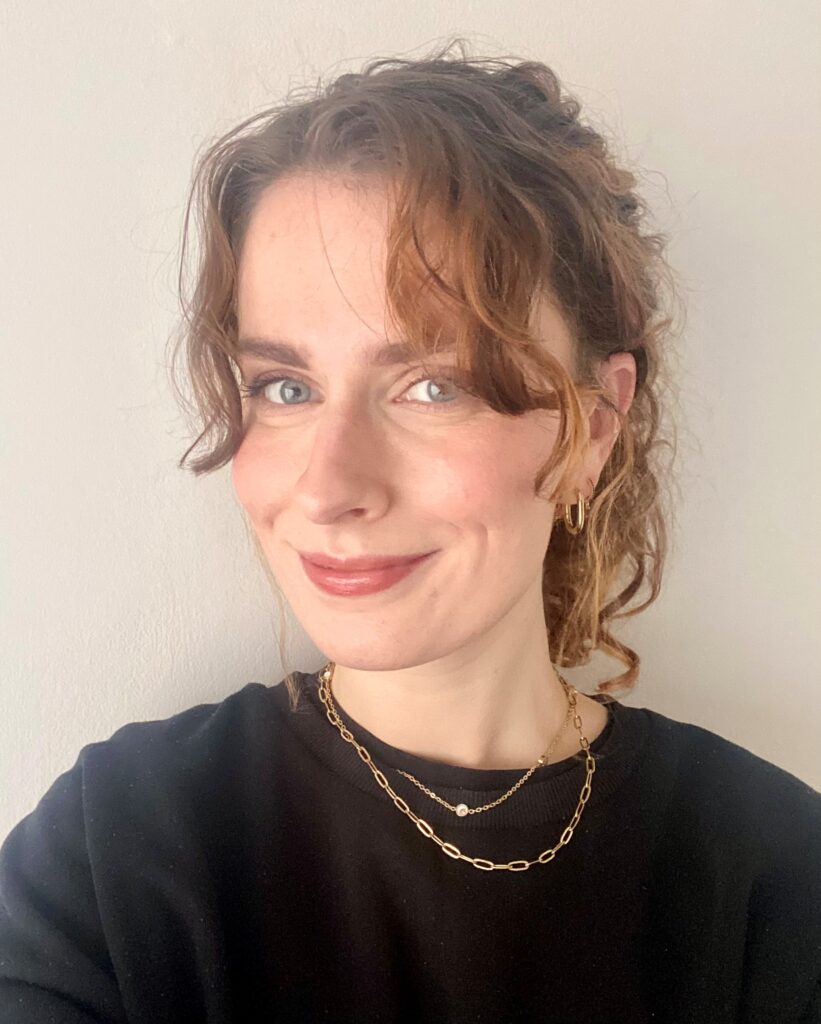Meet Cora Salkovskis

Cora Salkovskis is a medical humanities postdoctoral research fellow. Salkovskis is Georgetown University’s Visiting Scholar in Residence this year. Read our interview with Cora Salkovskis to learn more about our visiting scholar!
1. How did your academic interest in medical humanities begin, and could you share some insights into your research journey?
I am trained as a historian, and my interest began when I was deciding on a topic for my undergraduate dissertation and found a remarkable set of photographic sources from nineteenth-century asylums. Since then, I have ranged across psychiatric photography, ethics and mental health, a brief project on Victorian needle-swallowing, post-partum psychiatric issues, historical phenomenology and hallucination and delusion, and most recently trauma and the mental health experiences of healthcare workers during COVID-19.
2. One of the defining characteristics of the field of medical humanities is its constant scrutiny of its identity. How would you define the medical humanities?
To me, the medical humanities means thinking about what it means to be human and how we communicate our particular experience of humanity; the world around us, our mind, and our body, to those seeking to understand, help or heal us. Crucially, it means using a range of academic tools and perspectives to understand and write about these interactions, whether that’s history, art, literature, anthropology, sociology, bioethics, or politics. Ultimately, it’s understanding that health and medicine don’t start and stop at the hospital or clinic doors.
3. What are you looking forward to the most as this year’s Medical Humanities Visiting Scholar?
The community here is what I’m particularly excited about. The Initiative is such an exciting and dynamic hub of research and expertise. Whilst I’ve been working in the field for some time, this is my first opportunity to be part of an interdisciplinary initiative which spans the university; from environmental epidemiology to creative writing to sculpture. I’m also very excited to get involved with the Medical Humanities and Health Justice Center in collaboration with Howard.
4. To get to know you a little bit better outside of academia, tell us something about yourself that others may not expect when they first meet you.
I usually go winter-swimming (or ice-bathing) every day in Copenhagen! I have, however, been advised that might be best avoided in the Potomac…

